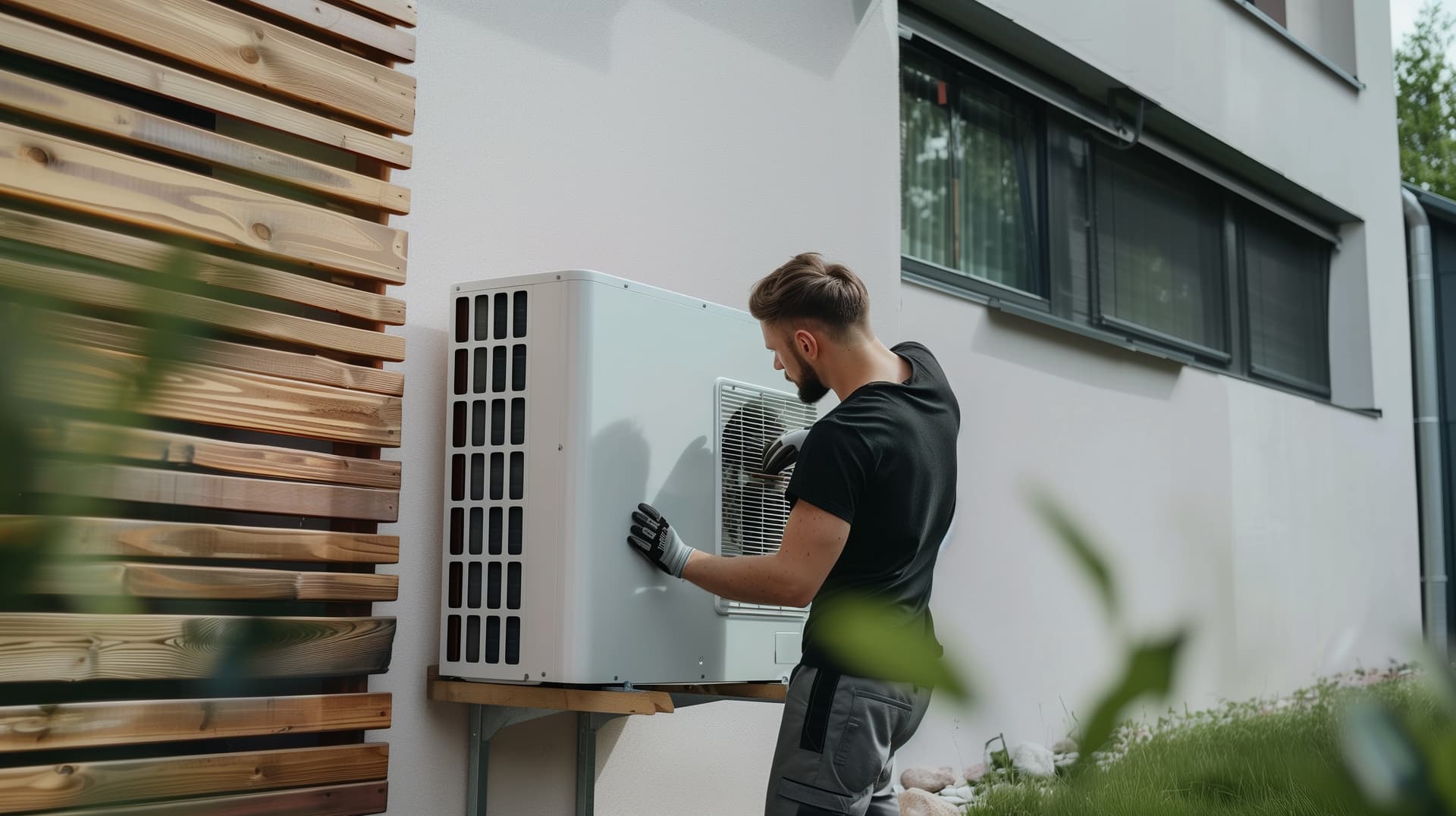BAFA Subsidy for Heat Pumps 2025: Everything You Need to Know Now

26.
August 2025
The energy transition is no longer a project of the future – it's already happening. Especially in the building sector, which accounts for a significant share of CO₂ emissions, the climate-friendly modernization of heating systems is a top priority. Heat pumps play a key role in this shift. As efficient and low-emission alternatives to oil or gas heating, they are strongly supported by the German government. In 2025, the subsidy conditions are more attractive than ever. Homeowners upgrading to a modern heat pump can receive grants covering up to 70% of their investment costs. The BAFA subsidy for heat pumps in 2025 is a cornerstone in creating sustainable homes.
New Responsibilities and Digital Application Process for Heat Pump Funding
As of January 1, 2025, a key change has taken place: the KfW Development Bank is now responsible for funding heating systems such as heat pumps. The Federal Office for Economic Affairs and Export Control (BAFA) remains in charge of building envelope measures and other technical systems. Applications for the heat pump subsidy are now submitted exclusively through the digital KfW portal "Meine KfW", simplifying and accelerating the process.
Structure of the BAFA Subsidy for Heat Pumps
In 2025, the heat pump subsidy consists of several components. The base subsidy covers 30% of eligible investment costs. Additional bonuses can be claimed:
An efficiency bonus of 5% is granted for heat pumps using natural refrigerants or renewable energy sources such as geothermal, water, or wastewater.
A climate speed bonus of 20% is added if an old fossil-fuel heating system (e.g., oil, coal, or gas heating older than 20 years) is replaced.
Owner-occupiers with a taxable household income under €40,000 per year are eligible for an additional income bonus of 30%.
In total, subsidies of up to 70% are possible. For the maximum eligible investment of €30,000 per housing unit, this means a non-repayable grant of up to €21,000—a worthwhile investment in modern heating technology.
Technical Requirements for Funding
To qualify for the BAFA subsidy in 2025, the heat pump must meet specific technical criteria. Since 2025, connection to a certified smart meter gateway is mandatory. This enables intelligent energy consumption monitoring and prepares the heat pump for smart grid integration. Additionally, the model must appear on BAFA’s list of eligible heat pumps, which includes required efficiency ratings and technical specifications.
Regional Supplementary Funding for Heat Pumps
In addition to the national funding via KfW, some federal states and municipalities offer complementary programs. In Hamburg, for example, the BAFA subsidy can be increased by up to 20% if certain conditions are met. Anyone planning an energy-efficient renovation should also look into local funding opportunities for additional savings.
How to Apply for the BAFA Heat Pump Subsidy 2025
Before applying, proper planning is essential. A certified energy consultant can prepare an Individual Renovation Roadmap (iSFP), which is also eligible for funding and unlocks further bonus points. The next step is to collect and document quotes from certified contractors. Only after receiving official approval through the KfW portal may the installation work begin. Once installed, the contractor must issue a confirmation to initiate the payout of the grant.
Low-Interest Supplementary Loans from KfW
In addition to grants, KfW offers low-interest loans to help finance remaining costs. These are particularly attractive for middle-income households. Combined with the heat pump subsidy, they create a compelling package for energy-efficient home modernization.
Conclusion: Take Advantage of the BAFA Heat Pump Subsidy 2025 Now
The 2025 BAFA subsidy for heat pumps sends a strong political signal in support of climate-friendly heating technologies. With its combination of base funding, attractive bonuses, technical assistance, and digital application tools, homeowners not only benefit financially but also invest in a sustainable, modern heating system. Acting now can secure up to €21,000 in state subsidies and future-proof your property.